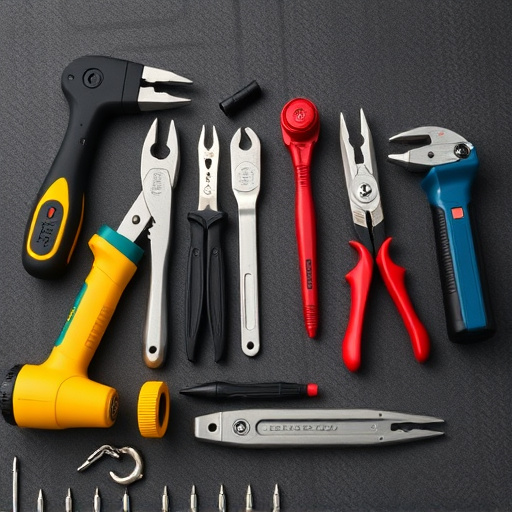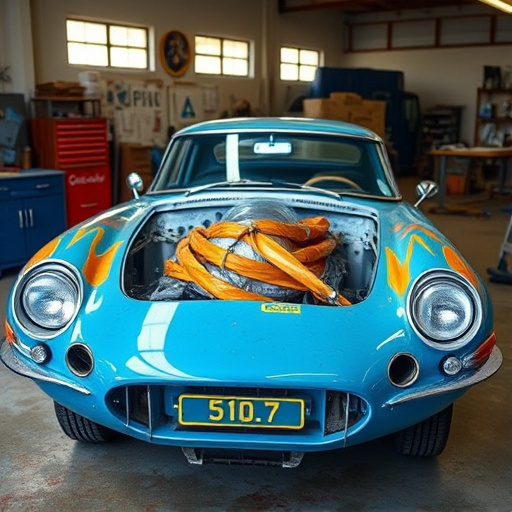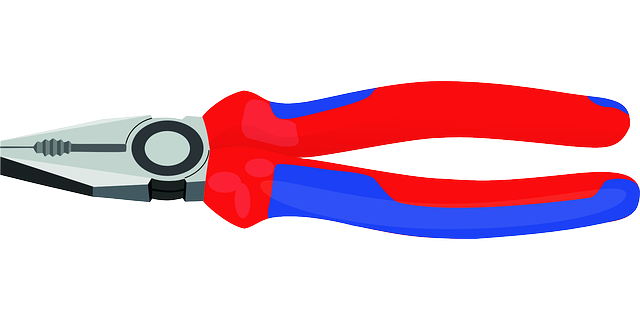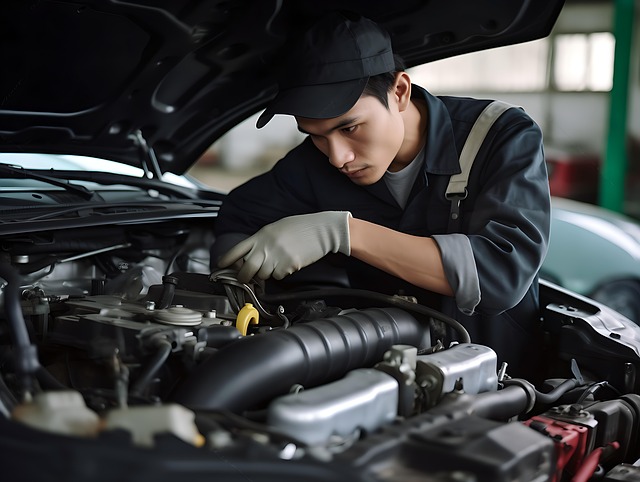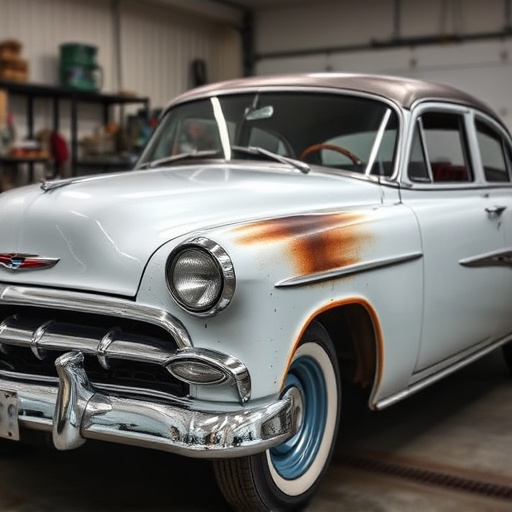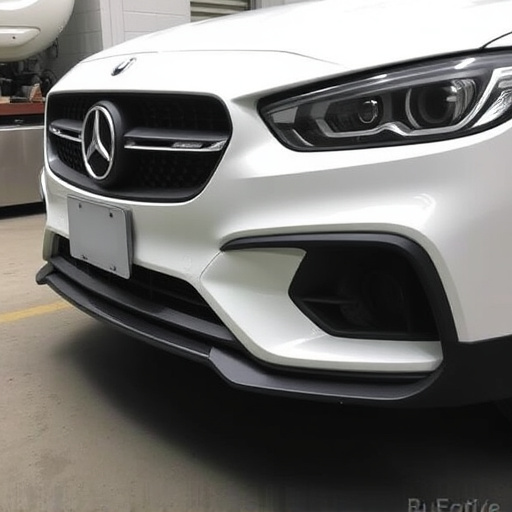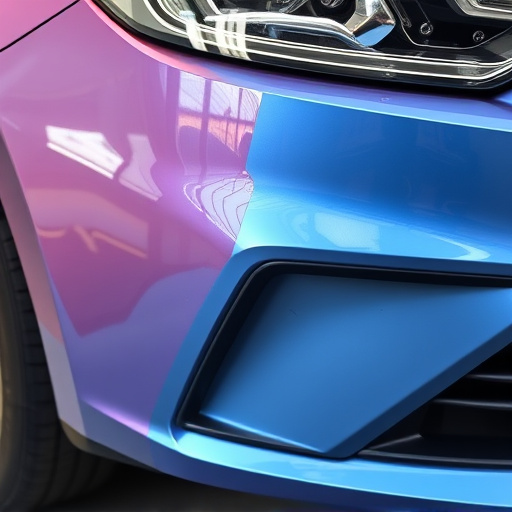Insurance companies often recommend repairs based on cost-efficiency, but these suggestions may not align with vehicle health or personal finances. Factors like car age, damage severity, and part availability influence ideal repairs. Aftermarket parts can be cheaper, and specialized services offer advanced solutions overlooked by insurance. Weighing alternatives ensures informed decisions tailored to individual needs and budgets, avoiding expensive conventional repairs for minor issues. Exploring dent removal or auto body restoration provides both cosmetic and structural benefits, extending your car's lifespan without being constrained by insurance guidelines.
Not all insurance-recommended repairs are created equal. While coverage may offer a convenient solution, it’s crucial to understand when these fixes might not be the best fit for your situation. This article delves into the nuances of insurance recommended repairs, exploring alternatives and guiding you through informed decision-making. By weighing the pros and cons, you’ll gain insights to navigate these complexities effectively.
- Understanding When Insurance Recommended Repairs May Not Be Ideal
- Exploring Alternatives to Standard Insurance Repair Processes
- Making Informed Decisions: Weighing the Pros and Cons
Understanding When Insurance Recommended Repairs May Not Be Ideal
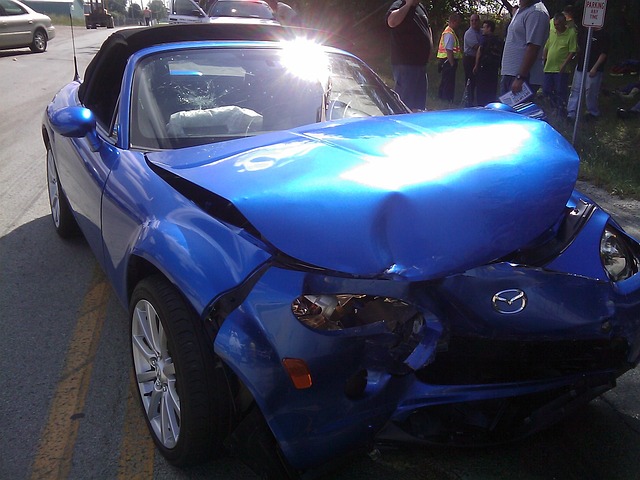
In many cases, insurance companies recommend repairs based on strict guidelines and cost-efficiency. However, it’s crucial to understand that this doesn’t always align with what’s best for your vehicle or your pocketbook. Factors like the age of the car, the severity of the damage, and the availability of genuine parts can significantly impact whether an insurance recommended repair is truly ideal. For instance, while a collision repair shop might suggest replacing a damaged panel with new one from the manufacturer, this could be far more expensive than a quality aftermarket option, especially in older vehicles where original parts may not be readily available or cost-effective.
Additionally, some car repair services offer specialized solutions that insurance companies might overlook. Take auto glass repair, for example. If your policy only covers a basic replacement without considering the latest advancements in safety and energy efficiency, you might want to explore options like tempered glass or laminate replacements that can reduce noise, block UV rays, and enhance vehicle security. It’s important to weigh these alternatives against insurance recommended repairs to ensure you’re making an informed decision that best suits your needs and budget.
Exploring Alternatives to Standard Insurance Repair Processes
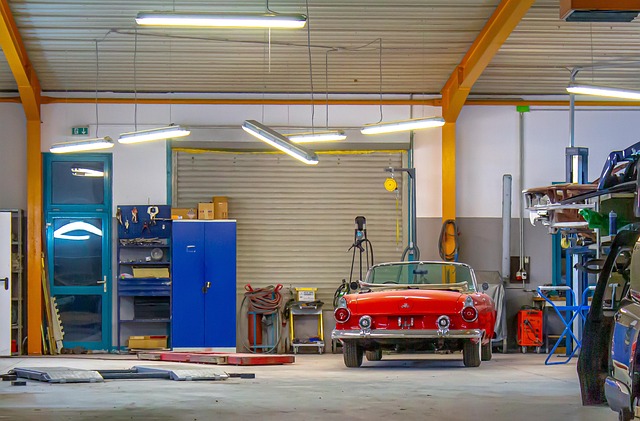
In many cases, when a vehicle sustains damage, the standard course of action is to recommend and facilitate an insurance recommended repair. However, this isn’t always the most ideal solution for every situation. There are several alternatives to consider that can offer cost savings, faster turnaround times, and in some instances, even better quality outcomes. For example, minor dents or scratches might be effectively removed through specialized dent removal techniques, avoiding the need for a full-scale auto collision repair.
Beyond these, exploring options like DIY repairs for simple issues or leveraging specialized auto repair services tailored to specific damage types can provide efficient and cost-effective solutions. These alternatives not only empower vehicle owners with more control but also allow them to make informed decisions based on their unique needs and budgets, ultimately steering clear of unnecessary expenses associated with conventional insurance recommended repair processes.
Making Informed Decisions: Weighing the Pros and Cons
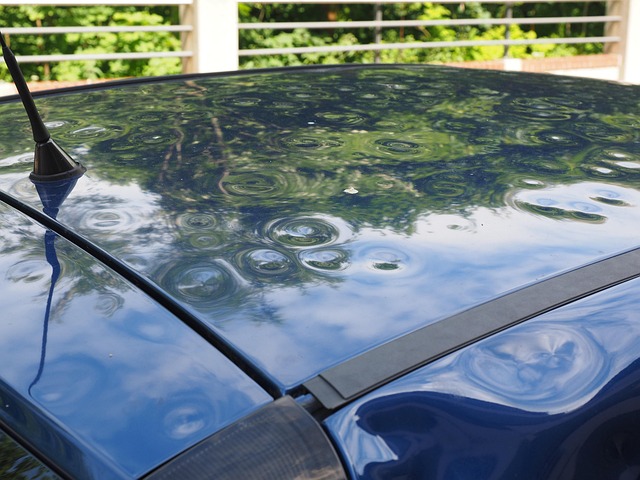
When considering whether to opt for insurance recommended repairs or explore alternative solutions, it’s crucial to make an informed decision by carefully weighing the pros and cons. While insurance companies often suggest specific repair methods, it’s important to understand that every vehicle and situation is unique.
Evaluating options beyond standard repairs, such as dent removal or auto painting, can be beneficial. Auto body restoration techniques might offer not just cosmetic improvements but also structural integrity, extending the life of your vehicle. By considering these alternatives, you gain more control over the process, ensuring that your car is restored to its optimal condition without unnecessary costs or procedures dictated solely by insurance guidelines.
Not every insurance-recommended repair is the best course of action. By exploring alternative solutions, you can make informed decisions that prioritize your needs and budget. Understanding both the pros and cons of standard repair processes empowers folks to navigate their options with confidence, ensuring they get the most suitable solution for their situation.
